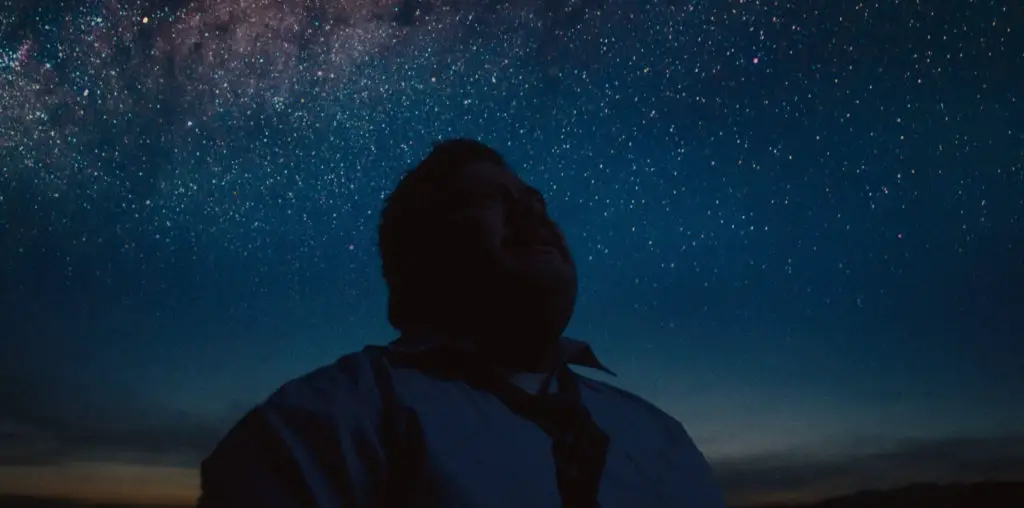
This languidly paced supernatural thriller by Alante Kavaite concerns Charlotte (Emilie Dequenne), a young sound engineer who is recovering from the shock of learning that her mother was murdered. Mom was a psychic living in rural France. Most of the townspeople were her customers, and all of them are suspects in the murder. While tinkering with her sound equipment in mom’s dark and empty house one day, Charlotte discovers that something is slightly amiss: her microphones are picking up conversations that occurred in the house at various points in history. By moving the mic around the room, Charlotte can zero in on specific moments of the past, and eavesdrop on her mother’s final weeks. Using the knowledge she gains from these recovered sounds, she is able to demonstrate knowledge of local affairs that she ought not have. By figuring out a chronology for the recordings, and pressuring townspeople to fill in the holes in this timeline, she believes she can solve the murder.
Meanwhile, the young son of the couple who discovered mom’s body has vanished, and a shady politician has some truck driver pals dumping toxic waste into the landscape, even as local farmers become more committed to organic farming. Mom seems mixed up in all of this, and when the politician cryptically tells Charlotte that he wants mom’s land because there are “holes there that can help people,” it seems as though someone has finally displayed a motive for the murder.
This brings us to the film’s weakest aspect, however. No one really seems to have much motivation. The movie justifiably spends a lot of time on flashbacks, as heard by Charlotte and as seen by us, but there isn’t much tension created, and there are none of the big “gotcha” moments that thrillers must rely on to keep the audience excited.
It is only in the last ten minutes of the film, as the fissures under the house’s foundations start to consume the haunted dwelling, that the pieces of the mystery fall into place and the film begins to show some liveliness. By the time that happened, I was still on this film’s side, but just barely.
Although the movie isn’t as gripping as it needs to be, there are a bunch of strong elements in “Fissures.” Dequenne is believable and watchable as the tormented tomboy Charlotte. The supporting cast are consistent, but it would be nice if they had more to do. The rainy weather and the dark mood are suitably rendered in a blue-grey color pallet nicely shot by Dominique Colin. In short, “Fissures” – in spite of it’s few, um, holes – almost makes it.
